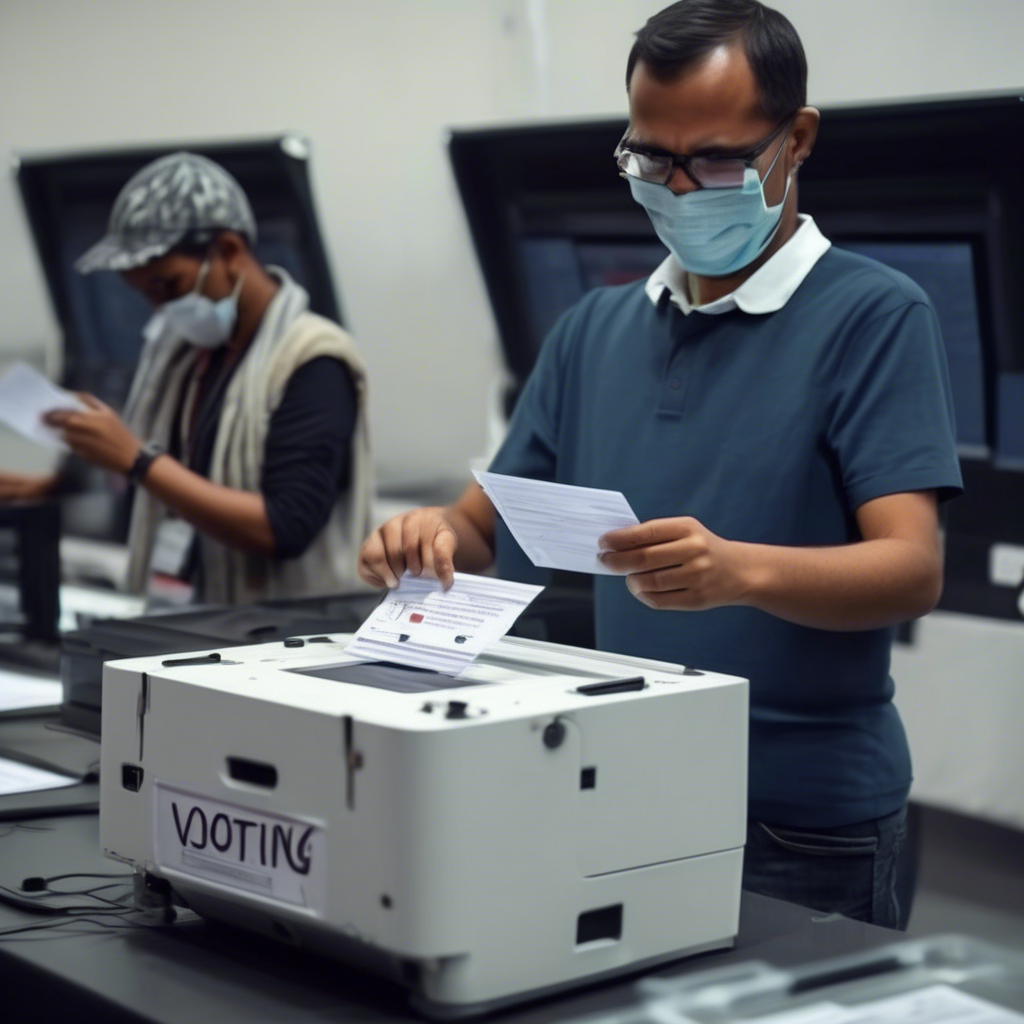The Role of Electronic Voting Machines in Ensuring Transparent and Fair Elections
Electronic voting machines have revolutionized the way elections are conducted around the world. These devices play a significant role in ensuring transparent and fair elections by eliminating human error, reducing voter fraud, and enhancing the efficiency of the voting process.
One of the primary benefits of electronic voting machines is the elimination of human error that often occurs with traditional paper ballots. These machines are designed to facilitate accurate vote counting by automatically registering and recording each vote. By removing the possibility of misinterpretation or mistakes made during manual recounts, electronic voting machines provide a more reliable and precise vote count.
Another crucial aspect of electronic voting machines is their ability to combat voter fraud. With paper-based systems, there is always a risk of tampering with votes or counterfeit ballots. Electronic voting machines, on the other hand, employ strict security measures such as encryption and authentication protocols to ensure the integrity of the voting process. This significantly reduces the possibility of fraudulent activities and enhances the trustworthiness of the electoral system.
Furthermore, electronic voting machines enhance the efficiency of the voting process. They minimize long queues and waiting times for voters by providing a streamlined and user-friendly interface. Additionally, these machines enable instant vote counting, allowing election officials to obtain results promptly. This not only accelerates the overall electoral process but also increases public confidence in the electoral system.
In conclusion, electronic voting machines play a crucial role in ensuring transparent and fair elections. By mitigating human error, combatting voter fraud, and enhancing the efficiency of the voting process, these machines contribute to the overall integrity and trustworthiness of elections. As technology continues to advance, further enhancements in electronic voting systems have the potential to revolutionize democratic processes worldwide.

 The Rise and Evolution of Artificial Intelligence (AI) in the World of Internet
The Rise and Evolution of Artificial Intelligence (AI) in the World of Internet